




Leaky gut syndrome is a condition where the intestinal lining becomes more permeable than normal. The intestinal lining serves as a barrier that prevents harmful substances from passing into the bloodstream.
However, when the intestinal lining becomes damaged or inflamed, gaps can form, which allow harmful substances such as toxins, undigested food particles, and bacteria to enter the bloodstream, leading to a range of symptoms including bloating, gas, cramps, fatigue, and food sensitivities.
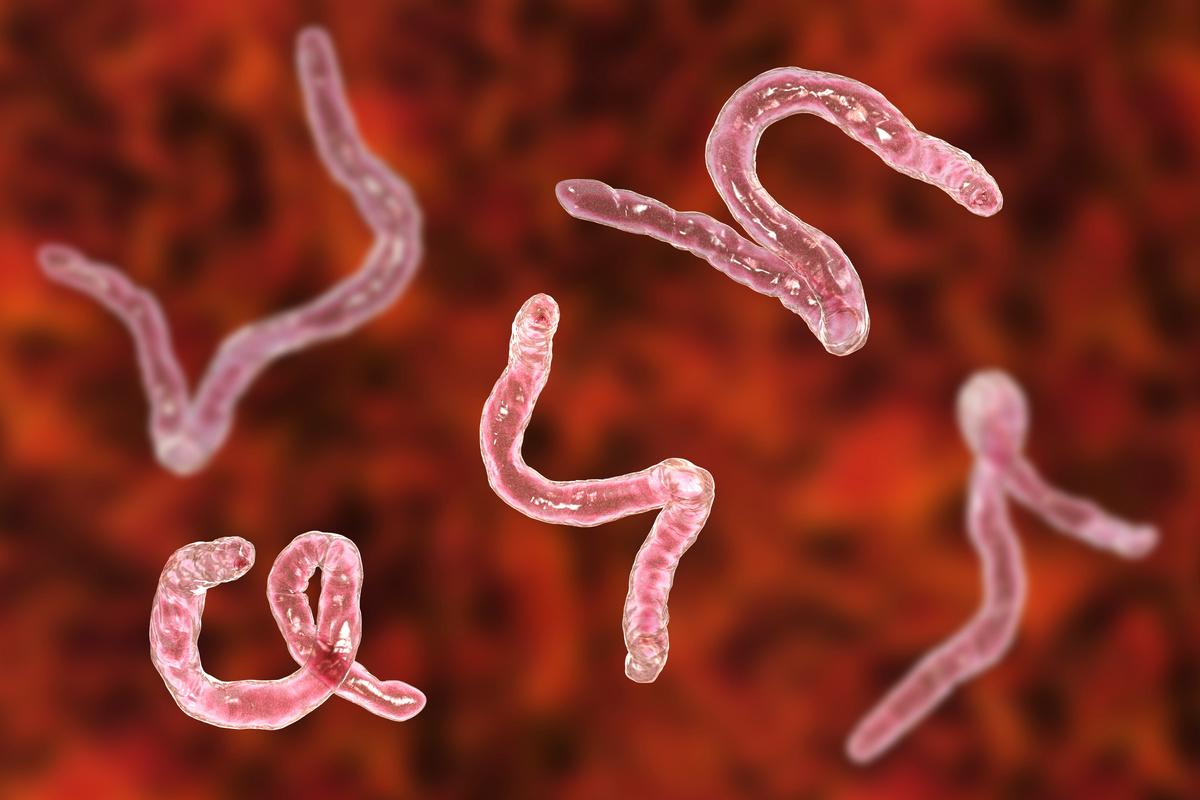














Parasites are organisms that live on or inside another organism, called the host, and feed off the host's nutrients. Some parasites can attach themselves to the lining of the intestine and cause damage, leading to inflammation and a breakdown of the intestinal barrier. This can make the lining of the intestine more permeable, allowing harmful substances to leak into the bloodstream.

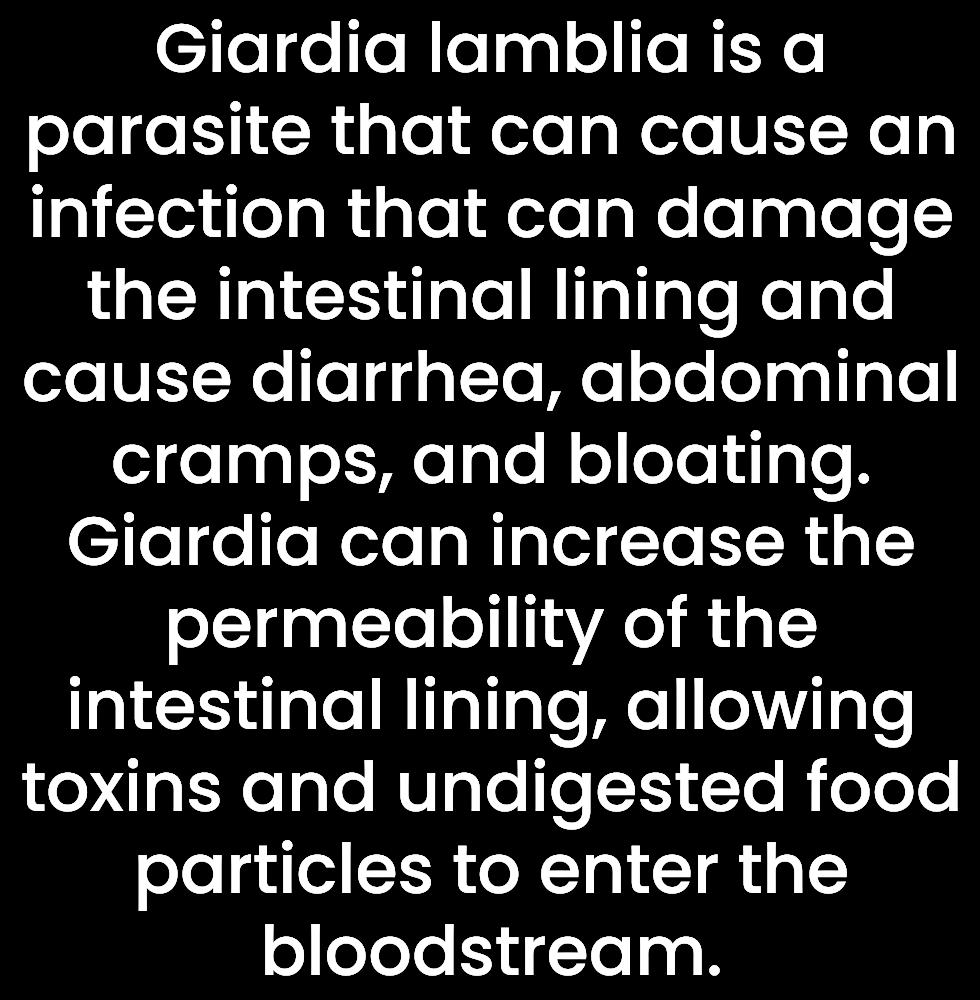


In addition to causing direct damage to the intestinal lining, parasites can also release toxins that can further damage the intestinal lining and increase permeability. In some cases, parasites can also cause an immune response that can contribute to inflammation and damage to the intestinal lining!




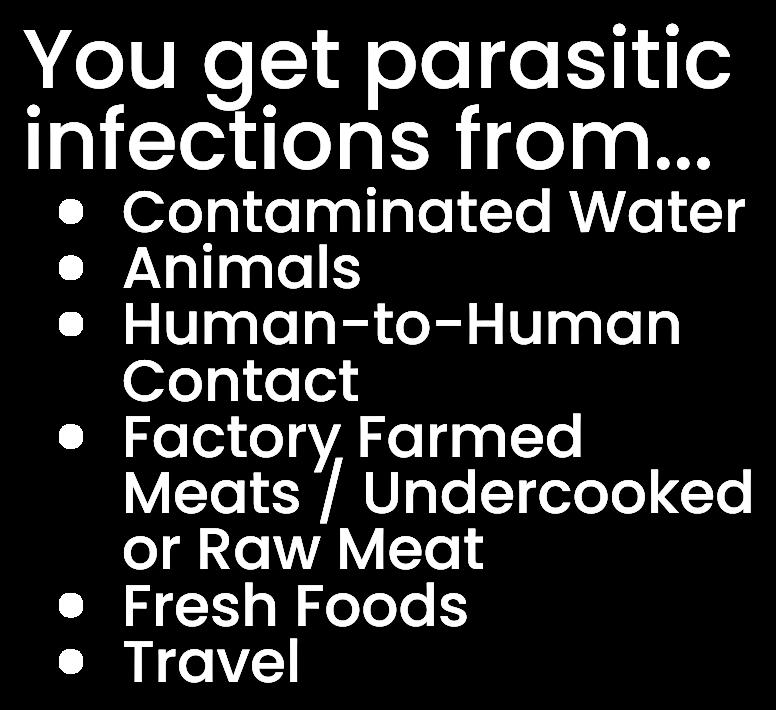
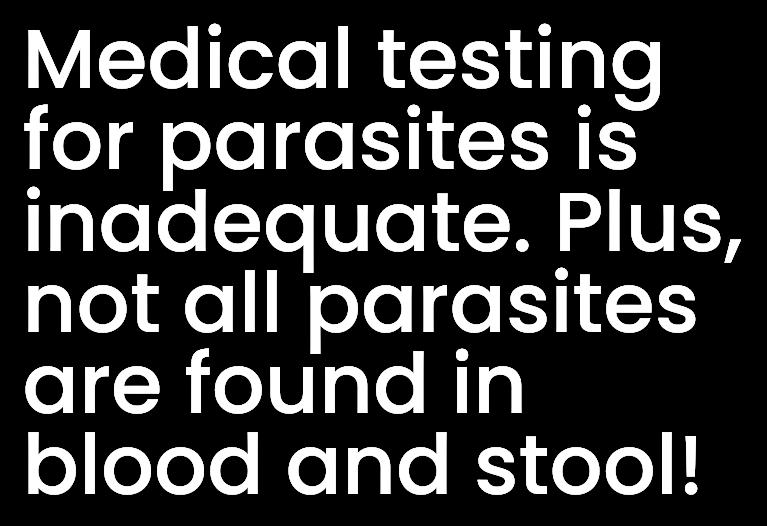

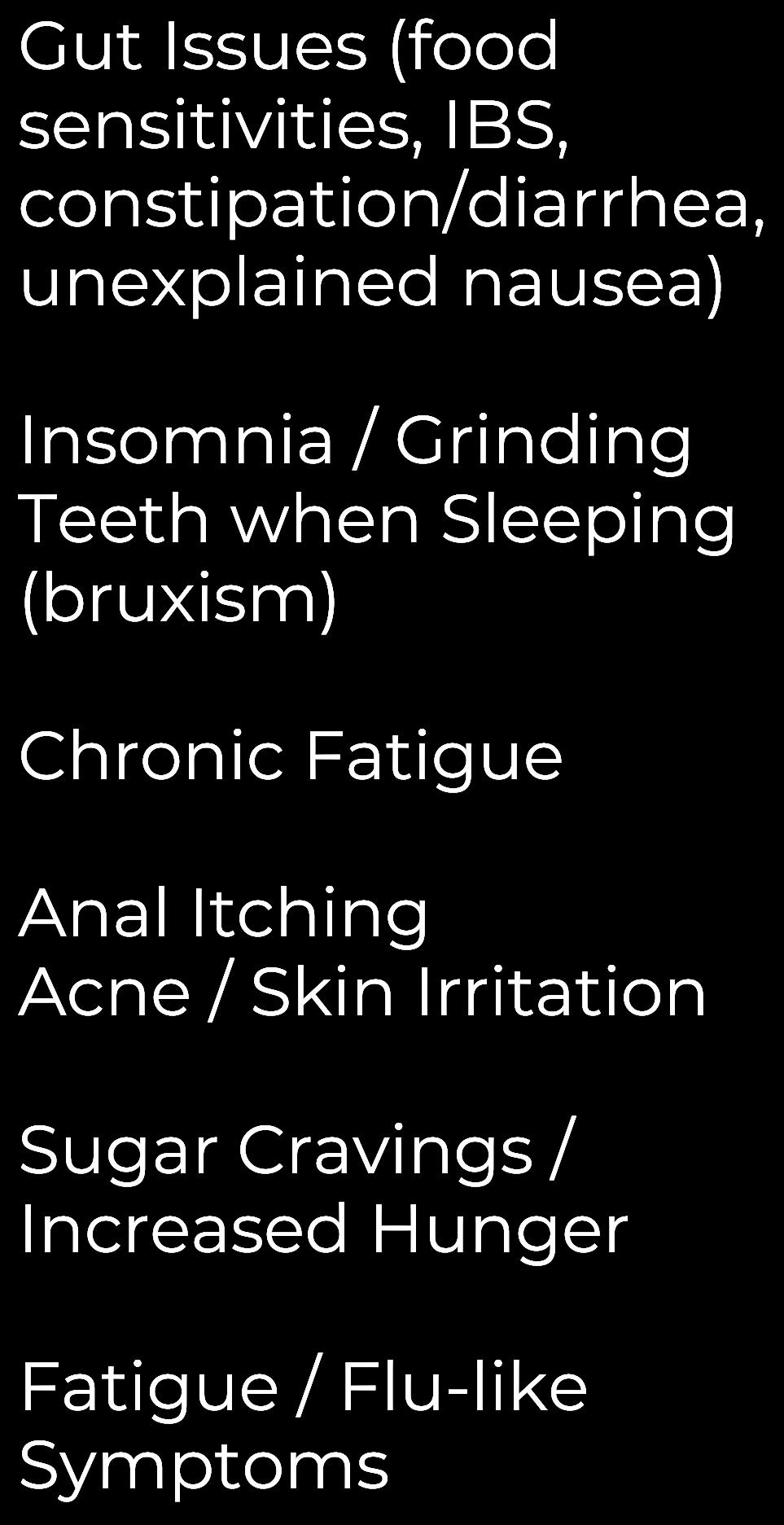

Every aspect of the human body holds a defense mechanism to fight off invaders like parasites. For example, our stomach holds hydrochloric acid (HCL) that diminishes pathogens and protects the gut from microscopic invaders. If our body does not have sufficient HCL, the risk of getting a bacterial, viral, or parasitic infection is at a higher risk.


THEHUMANGUTISHOMETOTRILLIONSOFBACTERIA, COLLECTIVELYKNOWNASTHEGUTMICROBIOTA.
In a healthy gut, these bacteria contribute to various essential functions, such as digestion, immune system regulation, and nutrient absorption. However, an imbalance in the gut microbiota, known as dysbiosis, can lead to detrimental effects, including the disruption of the intestinal barrier and the development of leaky gut.
Certain bacteria in the gut produce substances called endotoxins, such as lipopolysaccharides (LPS). Endotoxins are components of the outer membranes of certain bacteria, particularly Gram-negative bacteria. When the gut microbiota is imbalanced, the levels of these endotoxins can increase.
In the context of leaky gut, elevated levels of endotoxins can contribute to inflammation and damage to the intestinal lining. Endotoxins can directly affect the tight junctions between the cells of the intestinal wall, compromising their integrity and leading to increased permeability. This allows harmful substances to pass through the intestinal barrier and enter the bloodstream, triggering immune responses and potentially contributing to systemic inflammation!





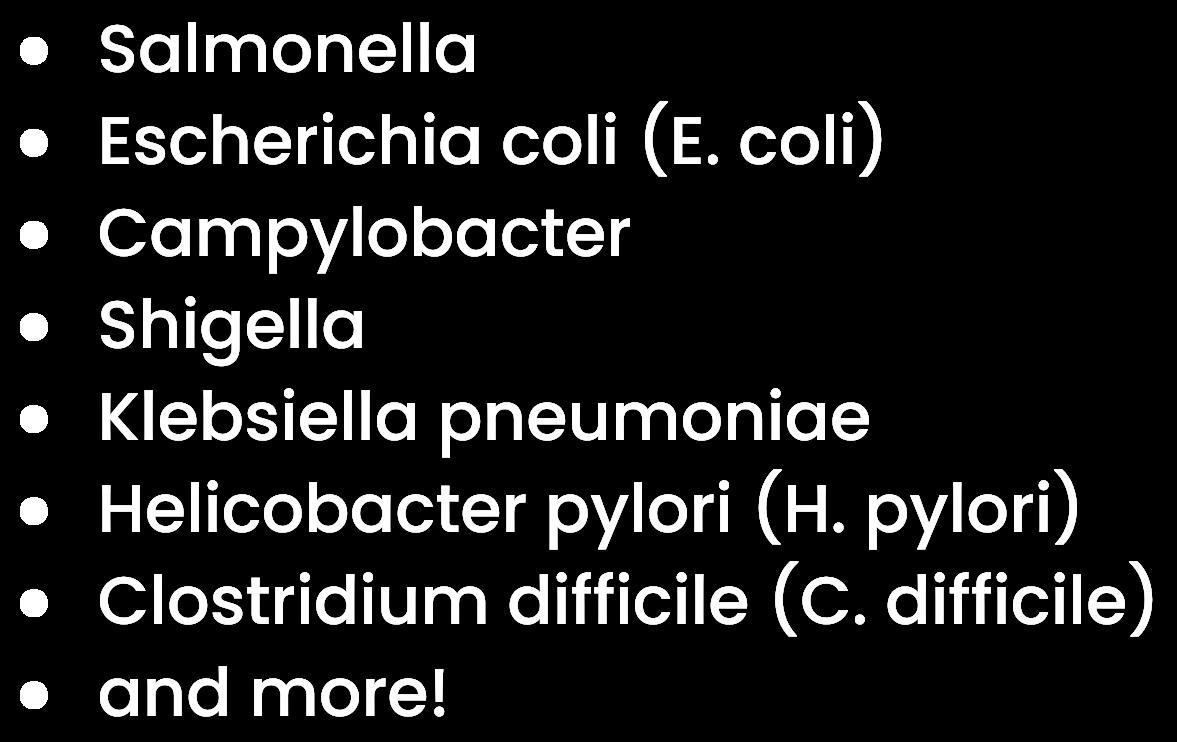
SYMPTOMSOFPATHOGENICBACTERIA ANDBACTERIALOVERGROWTH:




Mold toxicity, also known as mold illness or mycotoxicosis, refers to the adverse health effects that can result from exposure to certain types of molds and their toxins (mycotoxins). Mold can grow in damp environments, such as buildings with water damage or high humidity levels. Inhalation or ingestion of mold spores or mycotoxins can lead to various symptoms, including respiratory issues, allergies, fatigue, headache, brain fog, and more.
Mold exposure can contribute to leaky gut by triggering inflammation in the gut lining. Mold toxins can disrupt the intestinal barrier function and promote intestinal inflammation, which may increase the likelihood of developing leaky gut.
Moreover, individuals with leaky gut may be more susceptible to the effects of mold toxins. A compromised gut barrier can allow mycotoxins to enter the bloodstream more easily, leading to systemic effects and worsening symptoms associated with mold toxicity.









Testyour bodyfor mold!






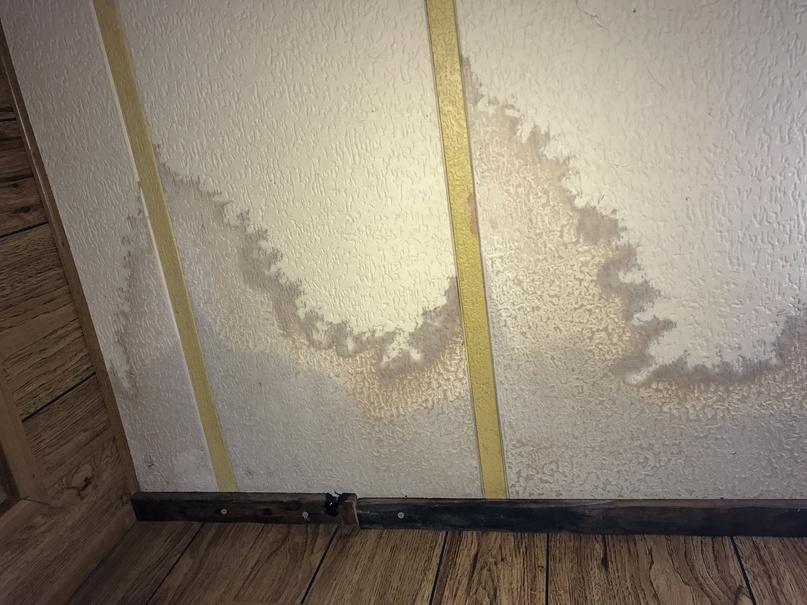



CHEMICALTOXICITYISANINCREASINGHEALTHCRISIS
ALLOVERTHEWORLD,YETITISNOTBEINGPAID ATTENTIONTO.
Exposuretotoxinsfromenvironmentalpollutants,heavymetals,pesticides, foodadditives,medications,andothersourcescancontributetoleakygut syndromeandchronichealthproblems.Thesetoxinscanaccumulatein thebodyovertimeanddisruptnormalcellularprocesses,leadingtoawide rangeofsymptomsanddiseases.



SYMPTOMSOFCHEMICALTOXICITYRANGEFROM
DIGESTIVEISSUESTONEUROLOGICALISSUESTO
CARDIOVASCULARISSUESTO....MOREANDMORE!
Chemical toxins can trigger an inflammatory response in the body, including the gut. Chronic inflammation in the gut can disrupt the tight junctions between intestinal cells, which normally act as gatekeepers, regulating the passage of molecules into the bloodstream. Inflammation weakens these tight junctions, making the gut barrier more permeable and contributing to leaky gut.
Chemical toxins can also disrupt the balance of the gut microbiome, which refers to the diverse community of microorganisms residing in the digestive tract. Imbalances in the gut microbiome can promote intestinal inflammation and compromise the integrity of the gut barrier, contributing to leaky gut.
Some chemicals can overwhelm the body's detoxification pathways. When the detoxification systems, particularly in the liver and gut, become overwhelmed, toxins can accumulate in the body. This toxic burden can contribute to inflammation and oxidative stress, which can affect the integrity of the gut barrier!




Lyme disease is a tick-borne illness caused by the bacterium Borrelia burgdorferi. It is primarily transmitted to humans through the bite of infected black-legged ticks (also known as deer ticks) and, less commonly, western black-legged ticks. Lyme disease is prevalent in certain regions of the United States, Europe, and Asia - but it is becoming increasingly common even in non-endemic areas.
TheCDCestimatesthattherearearound 300,000casesofLymediseaseeach yearintheUnitedStates!
Common symptoms of Lyme disease include a characteristic rash called erythema migrans (a bull's-eye pattern), but not everyone will develop or notice a rash!






















Lyme disease is often accompanied by other tick-borne infections, known as co-infections. These co-infections can include Babesia, Bartonella, Mycoplasma, Rickettsia, Ehrlichia, etc. There are several potential ways in which co-infections may contribute to or exacerbate leaky gut!
YougetgetLymeco-infectionsfromthesametickbite yougotLymediseasefrom!Youcanalsogetinfected withLymeco-infectionswithouthavingLymedisease!
The 2 Lyme co-infections I see frequently in patients at my clinic are Babesia and Bartonella. These infections can impact the gut!

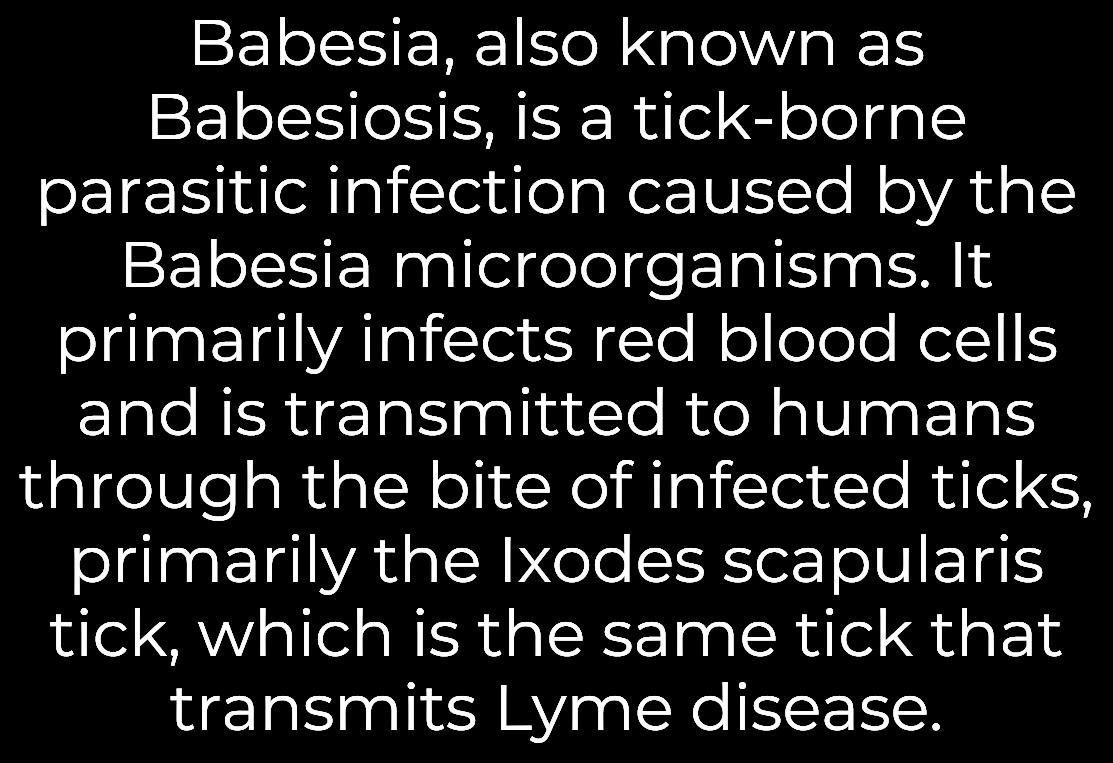







































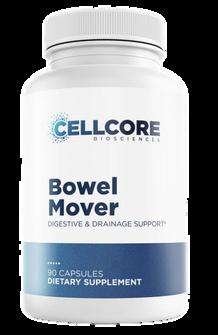








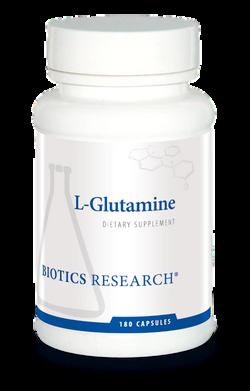

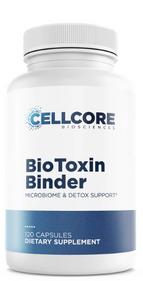





 @drjabanmoore
@drjabanmoore